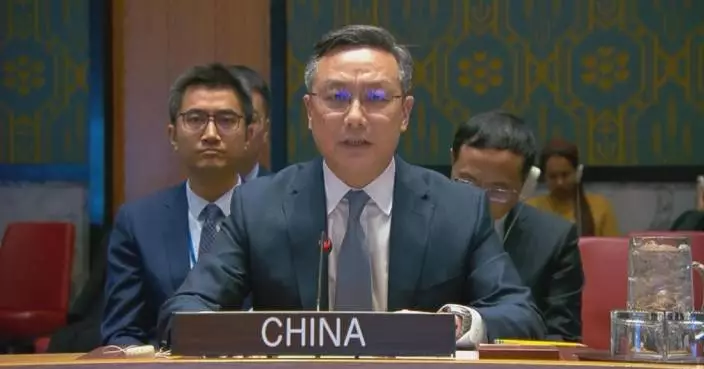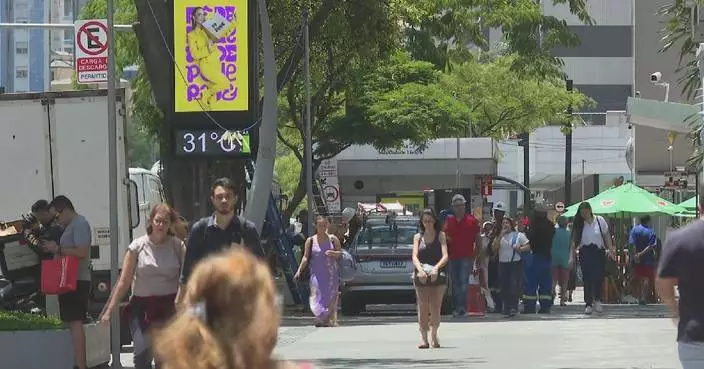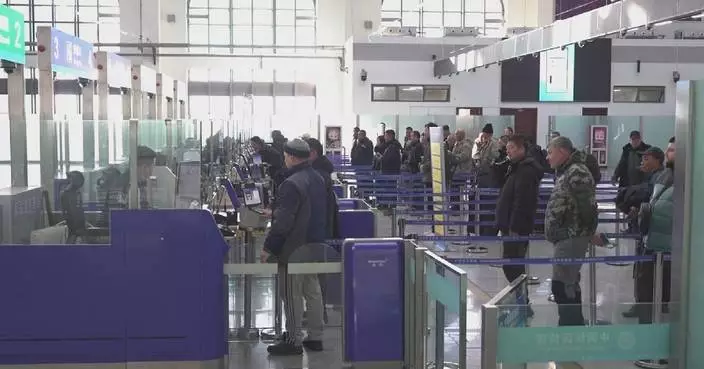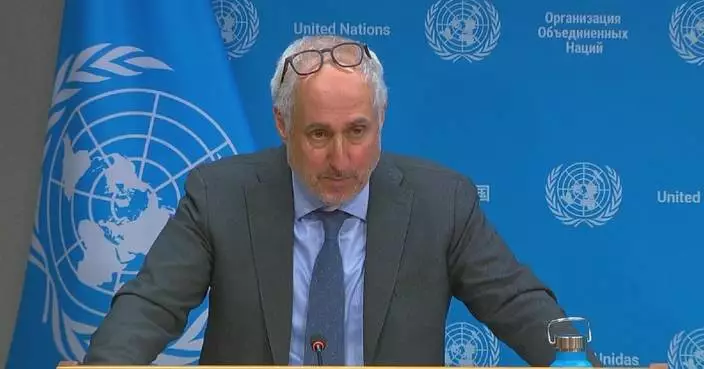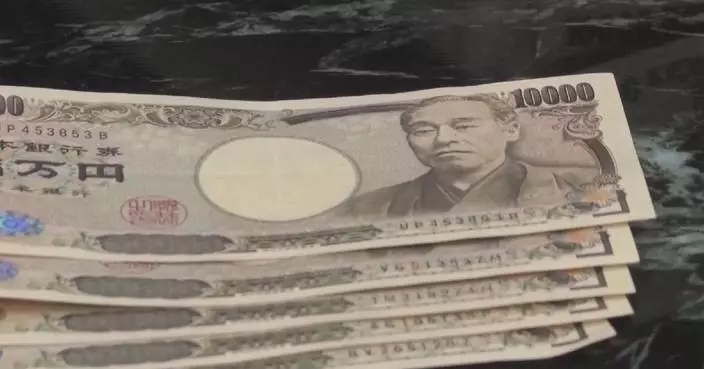China and Cambodia share a deep-rooted bilateral relationship that stretches back decades, while the two countries remain committed to jointly addressing regional and global challenges, according to a Cambodian international relations expert.
The two sides first established formal diplomatic ties in 1958, and have enjoyed frequent high-level exchanges which have reinforced their strategic political trust, solidified a longstanding friendship and fostered mutual benefits.
Relations between the two countries are in the spotlight as Chinese President Xi Jinping arrived in the Cambodian capital Phnom Penh on Thursday to begin a two-day state visit at the invitation of King Norodom Sihamoni.
The close China-Cambodia connection goes back to King Sihamoni's father, the late King Norodom Sihanouk. He had lived in exile in the historical Dong Jiao Min Alley, part of the old Legation Quarter in Beijing, before heading home to lead his country to independence. He later returned to spend his final years at this location considering it as his second home, before he passed away in the Chinese capital at the age of 89 in 2012.
Kin Phea, director general of International Relations Institute at the Royal Academy of Cambodia, highlighted how this important history has laid the foundations for the ties between the two countries.
"The monarchy is very important in stabilizing our bilateral relationship. Governments may change, but the monarchy, the king is there. The most important figure in Cambodia was our late king, who laid very solid foundation for our bilateral relations," he said.
Looking ahead to possible outcomes from Xi's current visit to Cambodia, which marks his first to the country in nine years, Phea said he expects deeper cooperation across multiple fields.
"It also highlights the solidarity between the two countries and our commitment to address the regional and global challenges we face together. China has become an engine of global growth [which] protects multilateralism in trade, in governance, and development, particularly inclusive prosperity," he said.
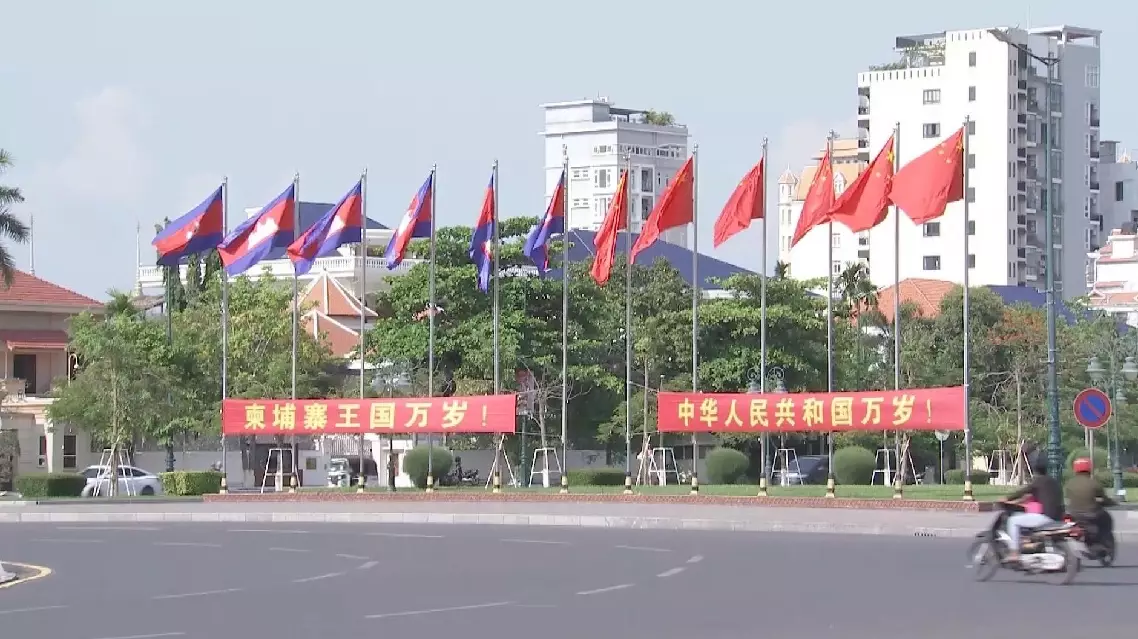
China, Cambodia share strong legacy of diplomatic ties: expert
The Sanya branch of the Peking University (PKU) Hospital of Stomatology based in the tourist resort city of Sanya in south China's tropical Hainan Province -- the country's first national-level regional dental specialty center -- officially opened on Saturday, providing local residents and tourists with access to top-tier dental care without leaving Hainan.
As a key city in the Hainan Free Trade Port and a hub for both tourism and wellness, Sanya has seen rising demand for oral healthcare. Local resources, however, have long been strained.
The newly launched hospital aims to ease the situation. Both its management and medical teams come directly from the main campus of the PKU Hospita of Stomatology in Beijing, ensuring seamless integration and unified standards across diagnoses, treatment, and service quality. The facility comprises of nine specialized buildings, including an emergency outpatient complex and an international medical services building, covering all sub-specialties in dental medicine.
"Since the official start of Hainan Free Trade Port's island-wide special customs operations [on December 18, 2025], the very first zero-tariff items entering the region were advanced dental equipment for our hospital. This enables a wide range of patients in the Hainan region to access the world's latest dental treatment equipment and technology more quickly," said Deng Xuliang, president of the PKU Hospital of Stomatology.
Looking ahead, the main campus of the PKU Hospital of Stomatology will collaborate with medical universities in Hainan to jointly train more specialized professionals for grassroots-level healthcare institutions across the region. Through technical mentorship and integrated training programs, the initiative aims to leverage the policy advantages of the free trade port to build a high-level, comprehensive platform that integrates medical services, education, research, public health, and healthcare management, with particular attention on international patient services and comfort-focused treatment.
"The operation of medical care plus health and wellness programs and of medical care plus tourism projects has jointly contributed to the formation of an internationalized medical care platform in Sanya, which presents a major opportunity for both Sanya and the rest of Hainan, especially as the free trade port enters full operation, making more duty-free medicines and medical devices available locally," said Hu Yulei, director of the Sanya Municipal Health Commission.
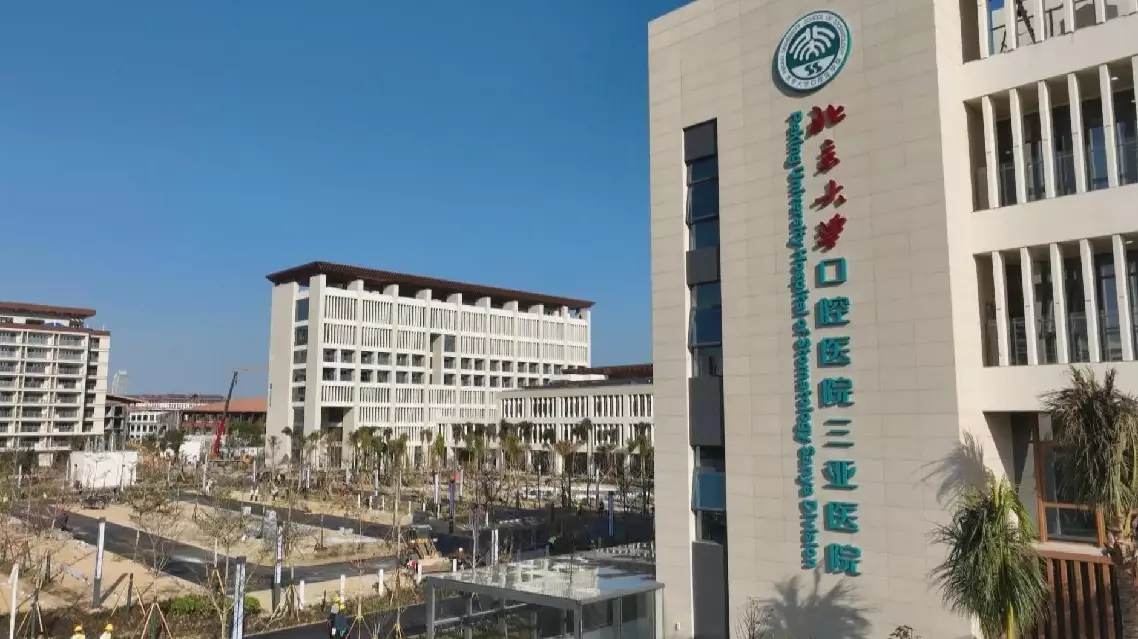
Hainan's Sanya opens first national dental specialty center





